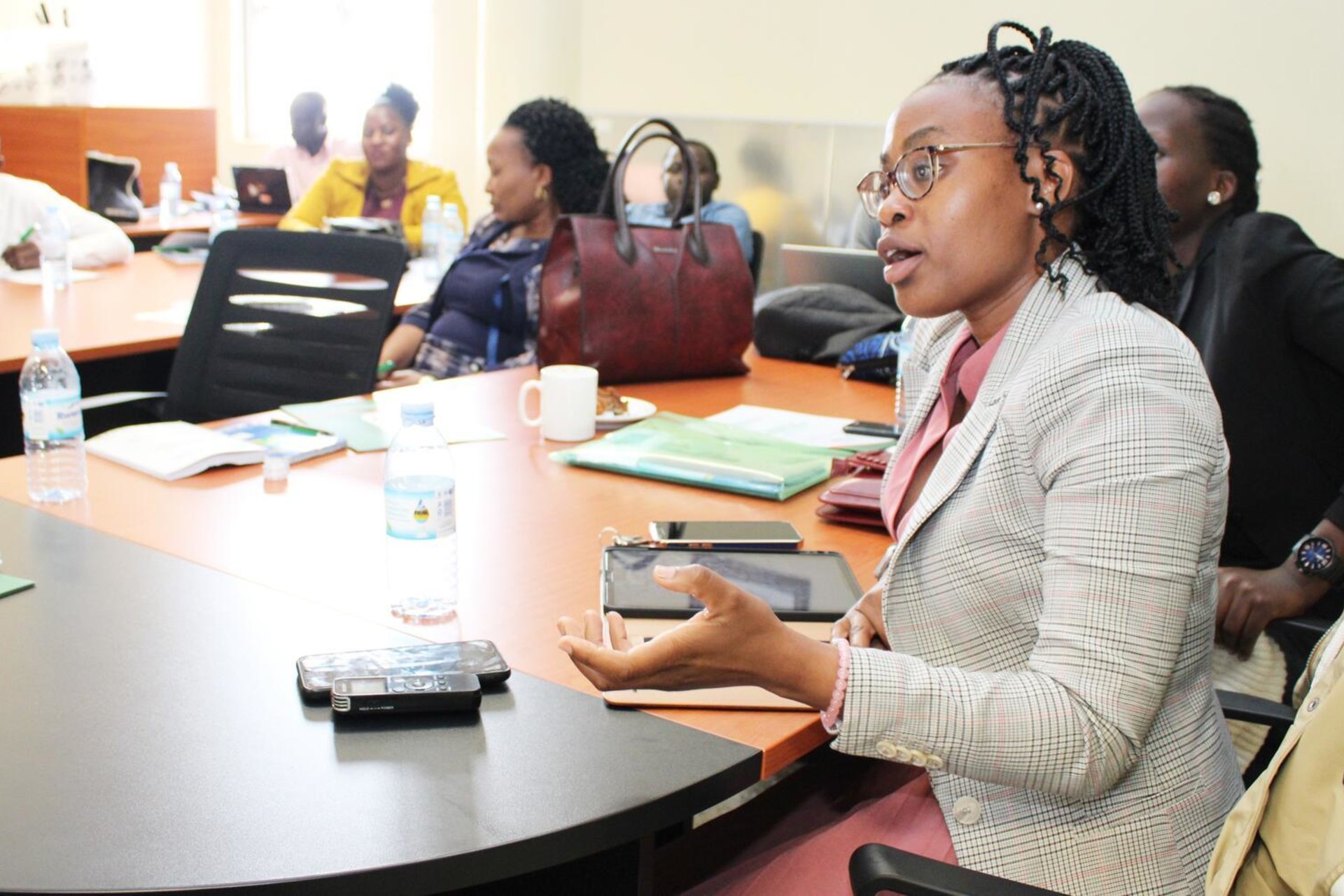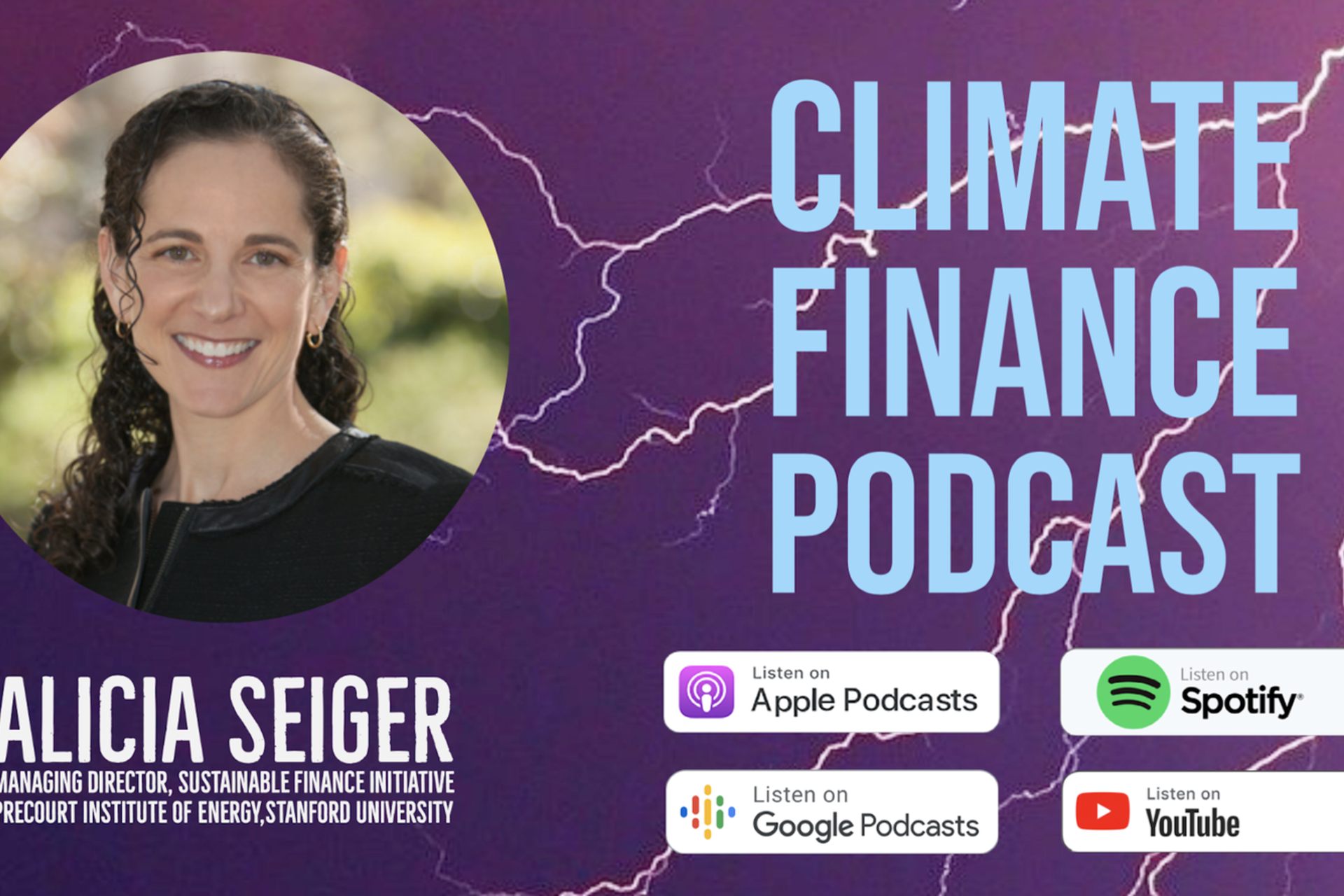Summer Shaw, JD MBA ‘24
Graduate Fellow,
Department of Energy Loan Programs Office
The Department of Energy Loan Programs Office (LPO) finances innovative clean energy, advanced transportation, and tribal energy projects, serving as a bridge to bankability for breakthrough technologies that are too risky to secure private sector capital. LPO has over $40 billion in low-interest loans and loan guarantees to deploy across diverse sectors of the economy.
This summer, I have been splitting my time between (a) the “Front Office,” which works with Jigar Shah, the Director of the Loan Programs Office, on policy priorities and (b) Originations, which leads the underwriting of specific deals.
On the Front Office side, I have been leading our work on low-carbon cement. Specifically, I’ve been exploring different technological pathways to manufacturing low-carbon cement, the barriers to scaling up low-carbon cement production, and ways to enable low-carbon cement to become a $100 billion industry in the next few years. This involves talking to key stakeholders in the low-carbon cement space—e.g., startups, large-scale incumbent manufacturers, academic experts, investors, federal and state government purchasers, and private sector purchasers—to synthesize different perspectives on how low-carbon cement technologies can reach commercial scale.
On the Originations side, I have worked on deals at different stages, from companies that have just submitted their application to LPO to deals that have now closed (e.g., a $2.5B loan to Ultium Cells to construct battery manufacturing facilities). My favorite part of Originations work is diving deep on specific companies and analyzing the strengths and weaknesses of their technologies and business models. LPO has the advantage of access to the incredible depth and breadth of Department of Energy experts, and thus is well positioned to take on technology risk that private sector lenders shy away from.
Overall, it has been fascinating to see how LPO can bridge the gap between the public and private sector. I am excited by the energy at LPO right now (no pun intended). After years of no new financings, LPO announced 3 deals this summer and has many more in the pipeline. LPO will also gain significant funding from the Inflation Reduction Act, including up to $250 billion in loan authority for a new program under Title VII 1706 to help upgrade energy infrastructure, an increase to $40 billion in loan authority for our Title VII 1703 program on clean energy innovation, and removal of a $25 billion cap on loans for our Advanced Technology Vehicle Manufacturing Program. This will involve a major scale-up of LPO’s operations.
I am glad that I have been able to both gain the high-level policy perspective from the Front Office, and deep dive into specific deals with Originations. I plan to keep exploring the intersection of climate investing and policy in my post JD / MBA career.





